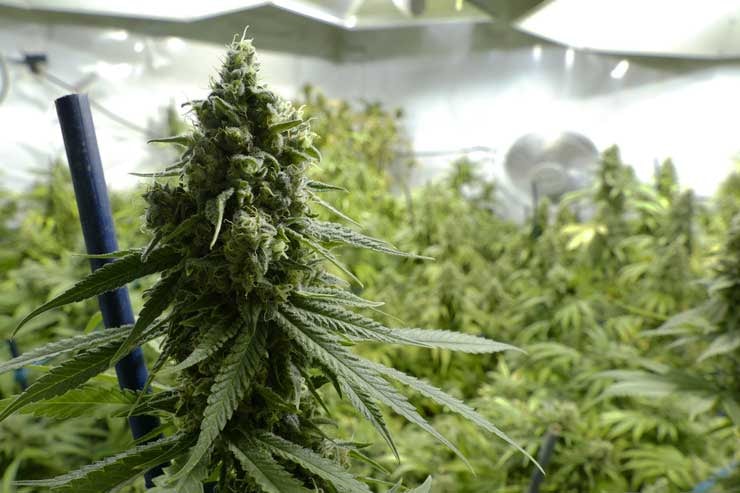Arizona scientists have filed a lawsuit against the Drug Enforcement Administration, demanding that it disclose the “secret law” behind the agency’s efforts to delay the approval of new facilities for medical marijuana research, according to the plaintiffs.
The lawsuit, first reported by Politico, was filed by the Scottsdale Research Institute on March 25th in the US District Court in Tucson. The researchers are demanding that the DEA release a Justice Department legal opinion blocking the expansion of federally-approved growers.
“We deserve not only to know the scientific truth about medical marijuana use, but candor from our government, which includes disclosure of the ‘secret law’ the agency continues to rely on as a basis to delay and ultimately revamp the process for researching and manufacturing marijuana in this country,” the lawsuit states.
Despite being legal for medical use in 33 states, cannabis remains a schedule I drug under federal law, which means the government believes it has no currently accepted medical use and a high potential for abuse.
In August 2016, the DEA enacted a new policy that would increase the number of federally authorized growers that could manufacture and research marijuana. Since then, the DEA has “delayed processing applications to cultivate marijuana for research and now proposes to radically revamp federal law through rulemaking — rules which will loom large over the future of medical marijuana research, manufacture, and distribution going forward,” according to the scientists’ lawsuit.
‘Junk’ cannabis
For decades there has been a only one facility in the United States that is licensed to produce marijuana for federally sanctioned research, at the University of Mississippi, and the cannabis it grows has been alleged to be of questionable quality.
The marijuana grown at the University of Mississippi, according to the lawsuit, “is junk, ill-suited for clinical trials, and genetically closer to hemp than the marijuana available from dispensaries and used by Americans nationwide. This marijuana sabotages clinical research and makes it impossible to do rigorous clinical trials with medical marijuana in the United States.”
“[It] looks more like green talcum powder than marijuana,” the plaintiffs argue.

Earlier this month, the DEA announced in a press release that it will approve additional cannabis growers for research purposes.
“The Drug Enforcement Administration continues to support additional research into marijuana and its components, and we believe registering more growers will advance the scientific and medical research already being conducted,” DEA Acting Administrator Dea Dhillon is quoted as saying in the statement.
The statement adds that the DEA will evaluate each of the 37 pending applications submitted by growers, and that the new proposed rule will result in “a larger, more diverse variety of marijuana available for research.”
The agency also specifies that it has increased its annual production quotas for marijuana from 472 kilograms in 2017 to 3,200 in 2020.
Sign up for bi-weekly updates, packed full of cannabis education, recipes, and tips. Your inbox will love it.

 Shop
Shop Support
Support
















